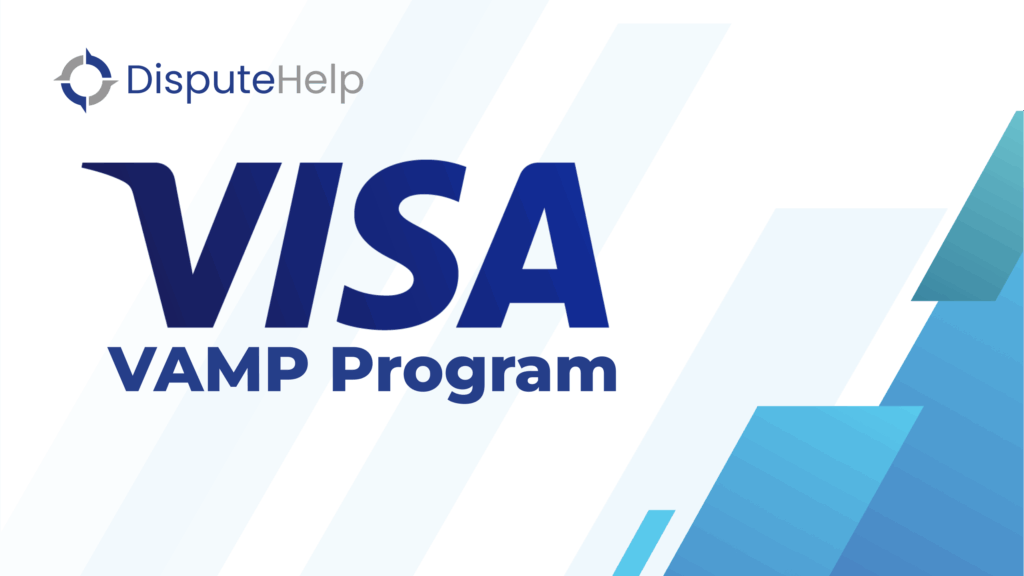Why Merchant Retention Hinges on Chargeback Management
When a merchant’s chargeback ratio climbs, account stability is at risk. Too many disputes can push them toward termination, often leaving merchants scrambling for another provider. For an MSP, that translates to churn and lost processing volume. Chargeback management helps MSPs prevent merchants from hitting critical thresholds that invite card network scrutiny.
More importantly, retention is about trust. Merchants who see their MSP taking proactive steps to keep them compliant and protect their bottom line are far less likely to switch providers. They know their account is secure and that the provider is invested in their long-term success.
Turning Risk Mitigation Into a Retention Strategy
MSPs that frame chargeback management purely as compliance miss an opportunity. For merchants, the real value lies in the operational relief that comes when disputes are prevented or resolved without disruption to their business. Automated workflows and integrated monitoring reduce the administrative burden, allowing merchants to focus on revenue growth.
From the provider’s perspective, these efficiencies are more than back-office conveniences. They become a competitive advantage. Offering chargeback prevention or automated refund options positions an MSP as a partner, not just a processor. That difference drives loyalty.
Portfolio Benefits of Strong Chargeback Management
- Lower systemic risk. Keeping dispute ratios within network tolerance levels reduces the chance of broad remediation.
- Extended merchant lifecycles. Merchants who feel protected from account terminations stay longer and process more transactions.
- Stronger revenue position. By minimizing portfolio volatility, MSPs can increase processing volumes and justify premium pricing.
- Differentiation in a crowded market. MSPs that offer comprehensive chargeback alerts and representment support stand apart from competitors.
VAMP Compliance and Merchant Retention
Visa’s Acquirer Monitoring Program (VAMP) has raised the stakes for compliance. Merchants are increasingly worried about the consequences of falling out of alignment with VAMP thresholds, especially since enforcement has become more visible. For MSPs, these concerns can erode confidence if not addressed.
This is where automation becomes critical. DisputeHelp’s chargeback management solutions continuously monitor merchant dispute activity across portfolios, flagging potential compliance risks before they escalate. By proactively protecting merchants from VAMP-related fines and remediation, MSPs strengthen trust.
Helping merchants stay confident about their compliance status is more than risk mitigation. It becomes a retention driver: merchants want to stay with the provider who keeps them safe from sudden penalties and unnecessary account closures.
How DisputeHelp Elevates Merchant Retention
DEFLECT
Connects merchants to Verifi Order Insight and Ethoca Consumer Clarity, resolving transaction confusion at the inquiry stage.
RESOLVE
Consolidates alerts like Ethoca Alerts, Verifi CDRN, Visa RDR, and Mastercom Collaboration into a single workflow, reducing operational complexity.
RECOVER
Automates representments, enabling merchants to recover revenue from unwarranted chargebacks.
Each product is available as a white-label solution, ensuring MSPs retain brand control while giving merchants powerful, automated protection.
Next Steps for MSPs
The cost of merchant attrition is high. By transforming chargeback management into a proactive retention strategy, MSPs can reduce churn, stabilize revenue, and increase the lifetime value of each account. Automation ensures consistency, while portfolio-wide monitoring addresses both compliance requirements and merchant expectations. Now is the time to shift chargeback management from a back-office process to a sales advantage. Contact our team today to discuss how we can integrate with your business.
Why DisputeHelp?
DisputeHelp offers MSPs a complete, white-label platform built to handle chargeback prevention, dispute resolution, and revenue recovery at scale. With automation covering compliance monitoring, alerts, and representments, MSPs can deliver the kind of proactive service that merchants expect. By partnering with DisputeHelp, providers reduce systemic risk, retain more merchants, and unlock new revenue opportunities.
FAQs: Chargeback Management as a Retention Tool
Why does chargeback management affect merchant retention?
Because merchants are more likely to stay with providers who protect their accounts and minimize risk. DisputeHelp’s automation strengthens that relationship.
How does VAMP compliance influence retention?
Merchants fear unexpected penalties. With DisputeHelp’s monitoring, MSPs can keep portfolios aligned with VAMP, building confidence and loyalty.
What role do alerts play in merchant retention?
Alerts give merchants an early chance to resolve disputes. By offering dispute alerts, MSPs add tangible value and reduce attrition.
Can chargeback representment impact merchant loyalty?
Yes. Merchants who successfully challenge unwarranted disputes recover lost revenue and trust their MSP. DisputeHelp’s RECOVER makes this process scalable.
Why is automation central to retention?
Without automation, compliance and resolution become overwhelming. DisputeHelp automates these tasks, giving MSPs a strong retention tool while easing merchant concerns.
Is white-label functionality important for MSPs?
Absolutely. White-label solutions allow MSPs to maintain brand ownership while offering advanced dispute management features. DisputeHelp provides this flexibility.



